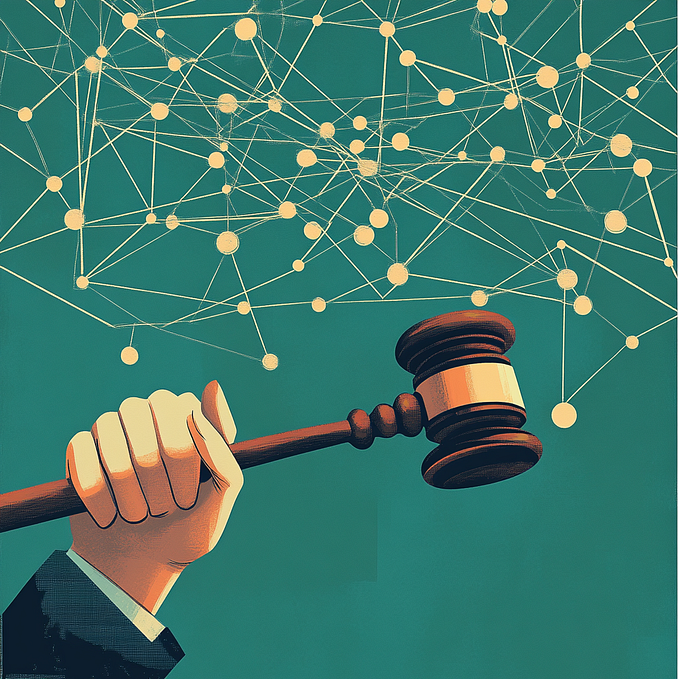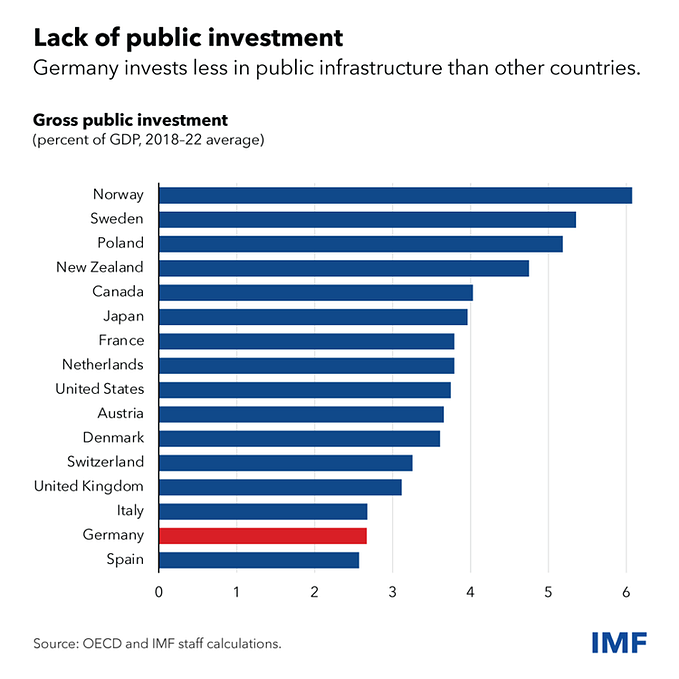Member-only story
Why Authorities Are Mad About Apple and Google’s New Coronavirus Feature
How two tech giants worked together to create a tool that can potentially help governments without violating our privacy

For better or worse, our phones have become extensions of our bodies. Almost 80% of people carry their phone with them for 22+ hours per day — basically any time they’re not in the shower or on the toilet (and sometimes there, too).
In good times, this prompts all kinds of think pieces about digital retreats, dopamine fasts, and the like. But with Covid-19 spreading worldwide, our phones’ ability to link our digital selves to our physical ones is unlocking a new, tantalizing possibility: The devices we carry around could be used to automatically tell us when we’ve been exposed to those infected with the virus.
The idea of leveraging phone data to track the spread of Covid-19 emerged almost as rapidly as the pathogen itself. In many Asian countries, phones are already used to track the virus’s spread, and several countries have used phone data (or phones paired with special armbands) to ensure that infected people remain in quarantine.
Even in the United States, where privacy concerns tend to raise more hackles, phone data has been used indirectly to combat Covid-19’s spread. Tracking firm X-Mode used anonymous phone location data to show where Florida spring breakers traveled (and potentially spread the virus) as they ignored social distancing in the early days of the pandemic. Hawaii has arrested tourists after their social media feeds showed them enjoying beaches in violation of a mandatory 14-day quarantine.
But the holy grail of phone-driven Covid-19 tracking is much broader. It involves continuously monitoring where users go via the sensors in their phones and using that data to instantly inform them if they’re exposed to someone who has tested positive for Covid-19.
The devices we carry around could…









